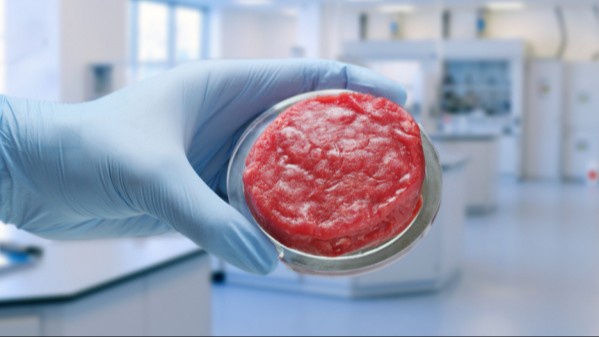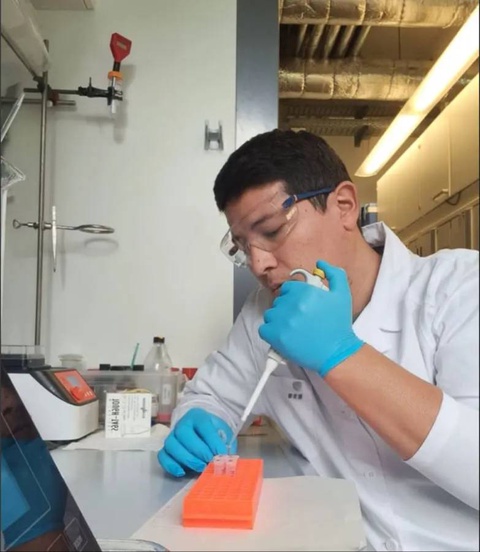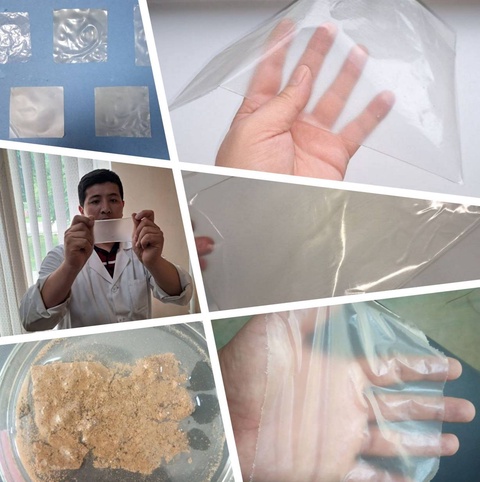The experiment was conducted using bovine muscle tissue stem cells, and these cells were induced to independently produce FGF2 (growth hormone) molecules. The genes responsible for cell development were activated without the use of external stimuli such as the FGF2 hormone.
This approach made it possible to reduce the cost of production of artificial meat products, because previously most of the costs were related to the addition of various nutrients for the development of stem cells, reports TASS.
The researchers plan to conduct further experiments to increase the speed of meat production and to adapt the method to other types of products such as artificial beef, poultry and fish.
The new technology can be more versatile and widely used in the future.













